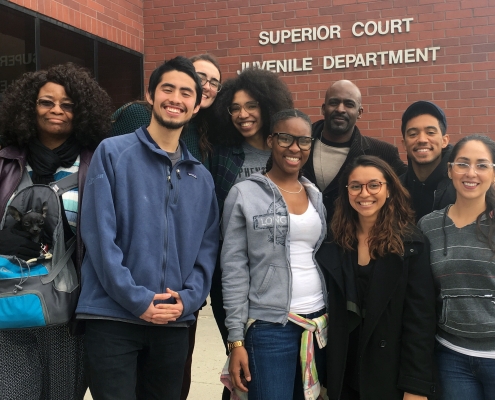
When They Call You a Criminal
By Rosie Rios, Administrative Director, UCLA Prison Education…
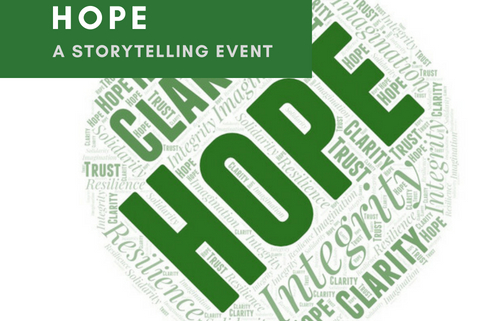
Storytelling For Self and Community Healing – UCLA Event Tomorrow 9/27
A Conversation with Dr. Beth Ribet, Co-Director and Co-Founder…
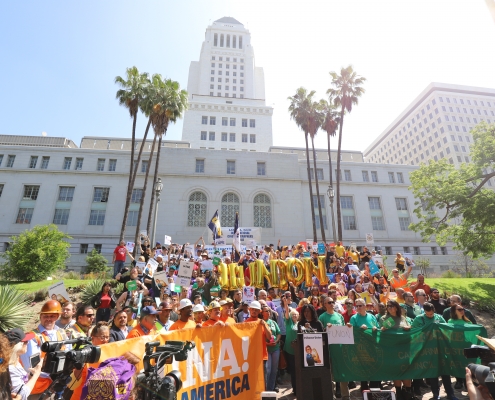
“Janus” Challenges Unions to Organize
By Kent Wong Director, UCLA Labor Center The Supreme…
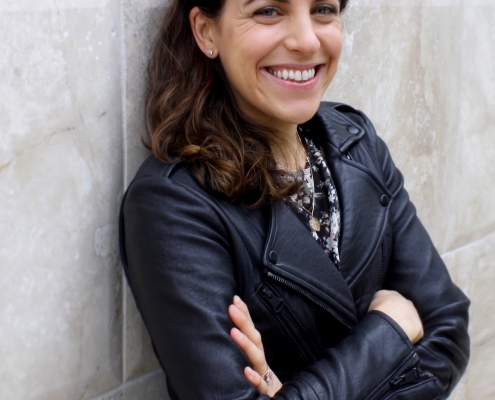
UCLA Sociologist Aliza Luft Writes About the Danger of Dehumanizing Discourse
Dr. Luft co-authored a blog piece for The Washington Post's…
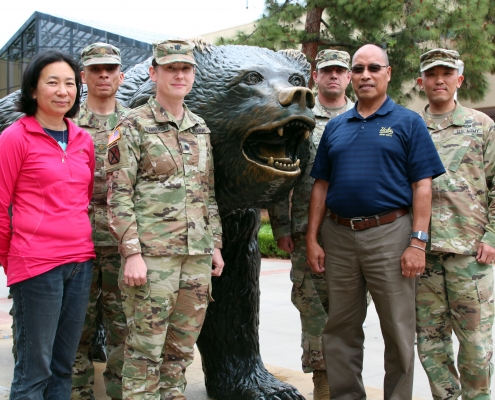
UCLA Army ROTC: Character and Leader Development at Home and Abroad
By Lieutenant Colonel Shannon V. Stambersky Professor…
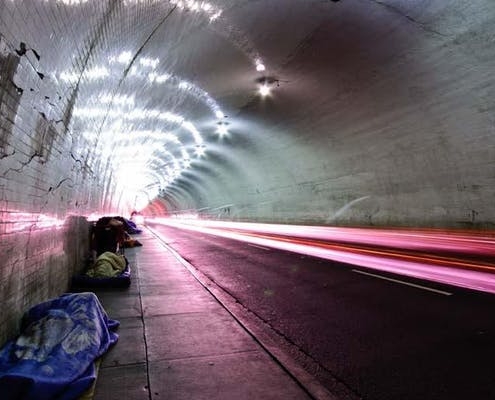
UCLA and Homelessness: See. Study. Solve. May 21-24, 2018
We call homelessness a crisis in Los Angeles because we…
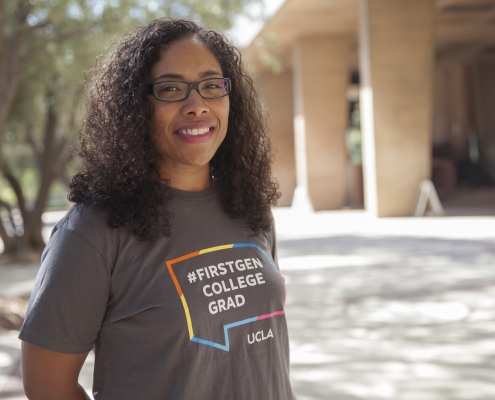
Dr. Frasure-Yokley Profiled by PBS NewsHour for Her Work with UCLA’s First-Generation College Students
May 16, 2018 Dr. Lorrie Frasure-Yokley, Associate Professor…

Dr. Lytle Hernandez and Million Dollar Hoods to be Honored with Freedom Now Award on June 16
May 15, 2018 Professor Kelly Lytle Hernandez and Million Dollar…
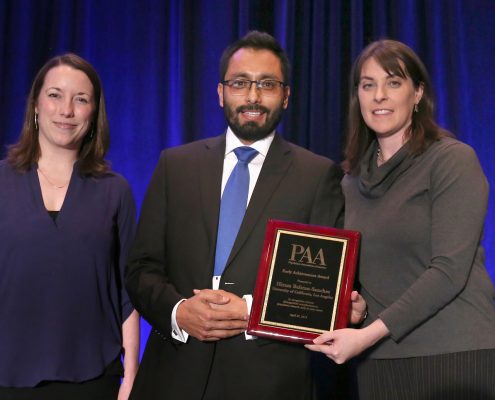
UCLA’s Beltran-Sanchez receives the Early Achievement Award from the Population Association of America
May 4, 2018 Assistant Professor Hiram Beltran-Sanchez,…
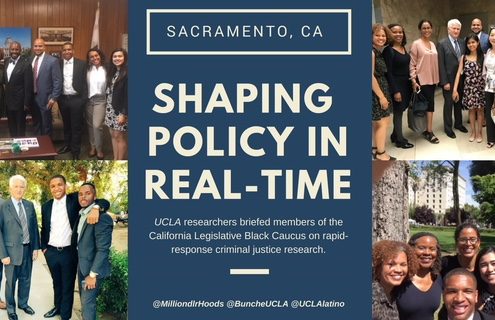
Million Dollar Hoods Goes to Sacramento
May 4, 2018 Last week, Dr. Kelly Lytle Hernandez, professor…

